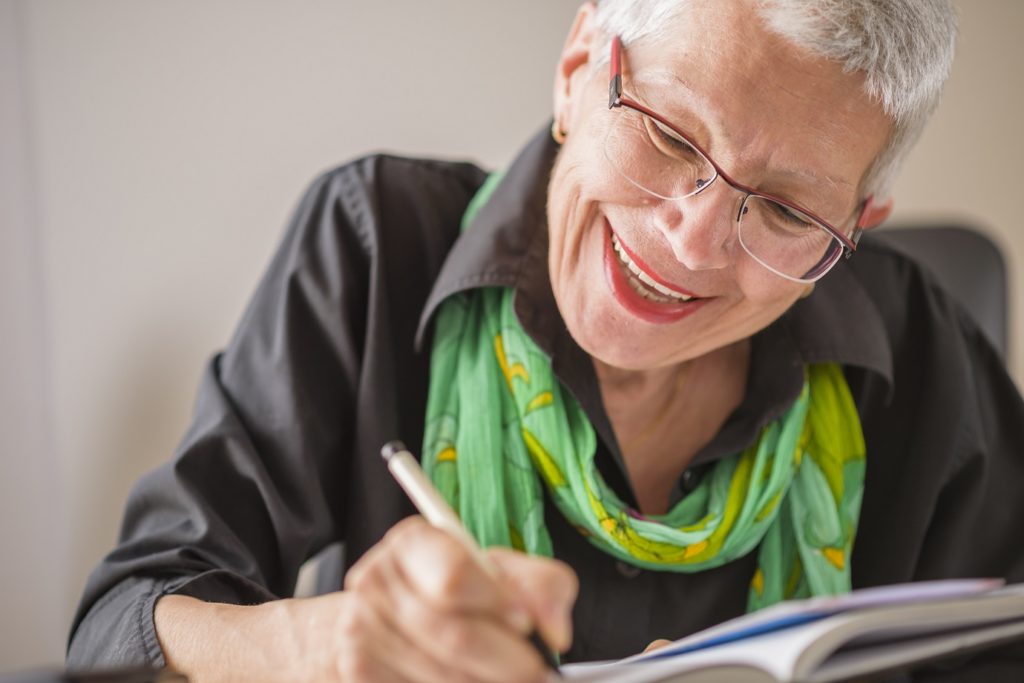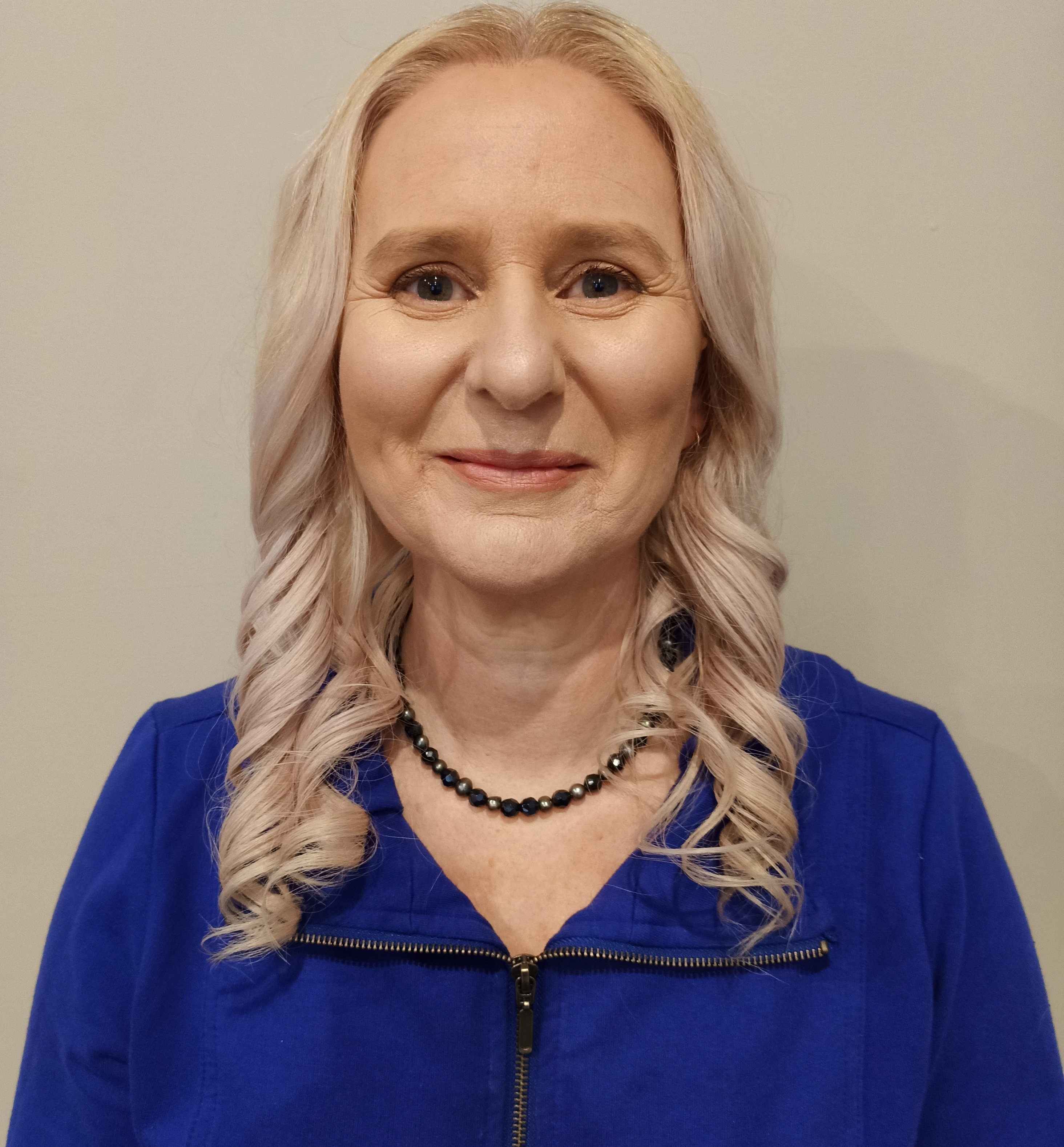Who is going to hire a woman in her 50s?
It’s a question Tracey Ward has been asking herself a lot lately.
The 56-year-old is a self-employed life coach for women, but has seen her income dry up due to the pandemic.
She’s surviving off JobKeeper payments, but when the subsidy is scrapped in March, Ms Ward is afraid she will “really struggle”.
She knows she could get some sort of work – “there are organisations like Bunnings who hire people of all ages”, she said – but she wants something different for herself and fears the lack of attention from the federal government on her age group could signal the end of her career.
While the government has focused on the high levels of youth unemployment borne out of the pandemic, middle-aged, mid-career workers say they have been forgotten.
The unemployment rate for Australians aged over 40 was 3.8 per cent in January 2020 and grew to 5.2 per cent in July before recovering slightly to 4.7 per cent by October.
Some of those stuck unemployed say they are dumbing down their resumes to appear less threatening to potential new employers; others, like Ms Ward, wish funding could be funnelled into upskilling rather than hiring incentives based on age.
‘If you’re 40-plus and a woman you just don’t get a new job’

Sheena Gulati was told many times in 2020 that she was “overqualified” for a role.
The 43-year-old lives in Sydney with her husband and two children.
Before the pandemic hit, she was working as a part-time contractor in accounting and finance.
Of all the reasons to be rejected from a job, being “too experienced” wasn’t something she expected to hear.
“They want someone who is young because I think they think overqualified people will ask more questions and tell them how to do things better,” Ms Gulati said.
She suspects her qualifications have little to do with it.
“It’s your age they’re talking about,” she said.
Ms Gulati felt the competition within the jobs market ramp up, and said she is surrounded by friends and family in their 40s who are struggling to secure work.
It’s become so tough she’s considering a career change.
“I have been thinking about it, but it would be a fresh start. It’s scary. I have been in this line of work for a really long time, my qualifications are in this so it will be hard starting afresh,” she said.
“If you’re 40-plus and a woman you just don’t get a new job.”
Her mortgage, other household bills and the expense of raising two children is beginning to bite and Ms Gulati says she’s frustrated the government appeared to forget about middle-aged Australians.
“Why does the government want to give more benefits to elderly people over 65 but not us? What do you do between 35 and 50? Where do you go? What do you want us to do?
“I think it’s unjust – your partiality is based on age. Why? I have no idea.”
Need a job? Learn to ask

Career practitioner Lois Keay-Smith has been coaching people looking for a new job for years, and primarily helps people aged 30 to 60.
She said, surprisingly, the pandemic appeared to be the last straw for people looking for a career change.
“It’s highlighted aspects of their work they don’t like. It’s given people some freedom to say, ‘I wasn’t happy anyway and with all these changes I want to go and do what I want to do’,” she said.
Ms Keay-Smith said older workers “definitely” faced challenges, like adapting to a new work environment where competition for jobs was high.
“I find some mature work-seekers fall back on what worked for them last time, but it doesn’t work because there are so many more eyeballs on job ads,” she said.
“But an advantage they have is they have good networks; they’ve been in the workforce and often the work I do is help them activate that network.”
Ms Keay-Smith says one of the best pieces of advice she has is: learn to ask.
“I call it the rise of the returnee – going back to a company you used to work for by tapping into those colleagues you used to work with before,” she said.
“There used to be a stigma around that – you never go back – but that’s changed and both of these things around people are more accepting that things change in organisations quite rapidly.”
Ms Keay-Smith also says she’s heard the ‘overqualified’ response quite a lot when it comes to mature workers.
“[The company’s] main concern is that you are using the job as an entry point,” she said.
“They feel you are not going to stay because it’s not fulfilling and you might get bored.”
Her advice for people who do want to scale down their role is to be honest.
“If you know you are going to get the overqualified response, you do have to address the elephant in the room and say why you are attracted to this role.
“It’s about positioning yourself as a stayer or someone who can contribute a lot in a short space of time.”
Ms Keay-Smith’s top career advice is:
- Use your networks.
- Get comfortable being on camera. Practise interviews on Zoom with a friend.
- Don’t be afraid to go back to a company you used to work for.
- Get up to speed with the latest interview techniques.
Older workers want to upskill

While Ms Ward believes an incentive to hire young people is great, she says helping people who are mid-career would have a greater benefit overall.
“Younger people have time to try things and fail and learn from it, but it becomes more scary when you’re older and have a mortgage to pay and have no back-up plan,” she said.
“You’re very conscious of your superannuation for retirement.
“I am very proud to be a woman in my 50s, but I know women who don’t let their hair go grey because if their company finds out how old they are they go in the redundancy pile.”
Just like Ms Gulati, Ms Ward has heard employers say they don’t want to hire qualified, older workers because they are afraid they will “make waves”.
She has friends who have pared back their resumes after being told they are “too experienced” for a role.
“It’s desperate and very real for many especially women; grey-haired men are classed as distinguished and experienced whereas grey-haired women aren’t. We are not revered for our wisdom.”
Ms Ward doesn’t just want to be hired, she wants to upskill to remain relevant in the ever-digitising workplace.
“Everything is going online and into a digital space so fast and some older people are being left behind because there’s no time or money to reskill,” she said.
“I have just spent the past hour trying to work out how I record myself whilst I’m recording a presentation on the Mac, so there’s endless [challenges].”
Sometimes she laughs it off. Other times it’s overwhelming.
Ms Ward said an upskilling program where companies provide pro-bono work for older people to learn digital skills would go a long way, and be much more helpful than just being hired by a company because there’s a monetary incentive.
“I’m not talking about someone from Centrelink showing me how to do it for half an hour on video. I’m talking about someone who is at the head of their game getting a tax incentive to help me step up my business,” she said.
“And then I could employ people so it could be a win if other companies were encouraged to help people like me because I don’t have the funds to do it myself.
“I don’t want a free handbag. I want my business to be really successful. I’d happily be the pilot for it.”
Have you been rejected for a job because you are ‘too qualified’? Does the system discriminate against older Australians?













